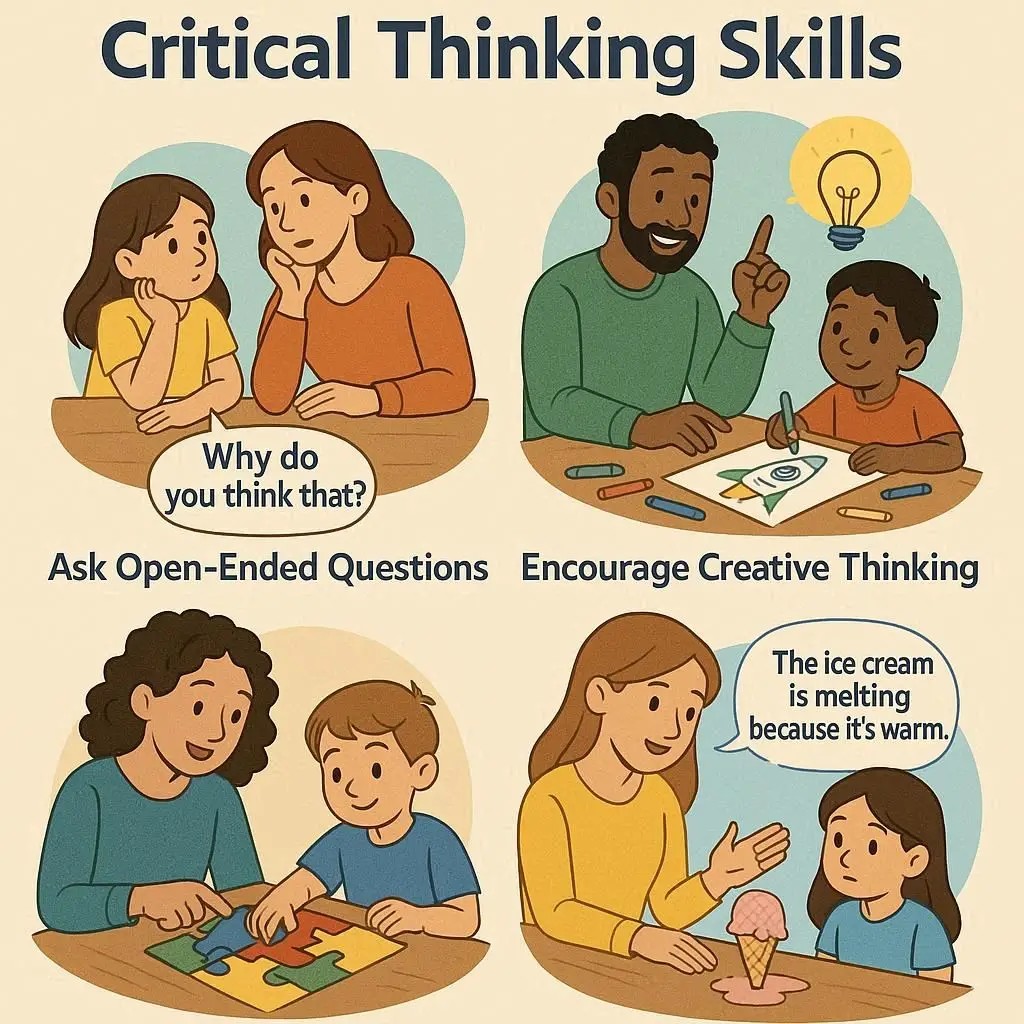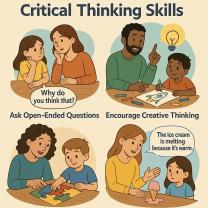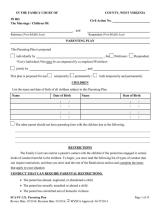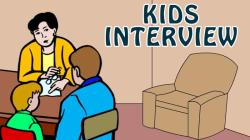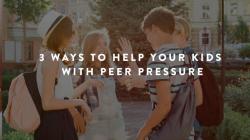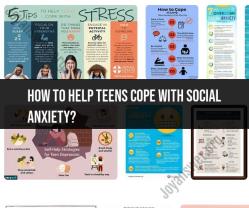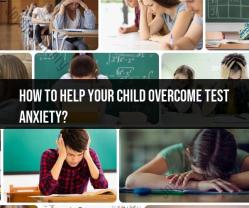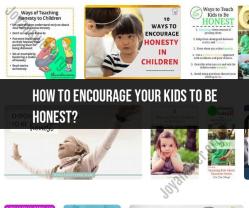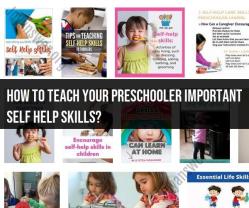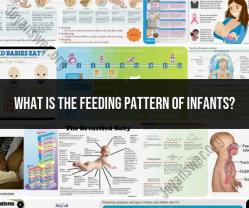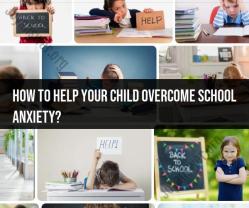How can I help my child develop critical thinking skills?
Helping a child develop critical thinking skills involves fostering curiosity, reasoning, problem-solving, and reflection. Here’s a structured guide with practical strategies:
1. Encourage Curiosity and Questions
Let your child ask “why,” “how,” and “what if” questions.
Avoid giving immediate answers; instead, guide them to explore possible explanations.
Example: “Why do you think plants grow toward the light?”
2. Promote Problem-Solving
Give age-appropriate challenges or puzzles.
Encourage brainstorming multiple solutions before deciding on one.
Example: Let them figure out how to fix a broken toy or organize a game.
3. Foster Decision-Making
Allow your child to make choices and discuss consequences.
Ask questions like: “What do you think will happen if…?” or “Which option seems best and why?”
4. Encourage Analysis and Reflection
Teach your child to compare, contrast, and evaluate ideas.
Discuss daily situations and reflect on decisions: “Why do you think that happened?”
Example: Reading a story, then asking, “What could the character have done differently?”
5. Model Critical Thinking
Show your own thinking process out loud.
Explain how you analyze information or make decisions.
Example: “I’m checking the weather forecast before deciding if we should go hiking.”
6. Engage in Discussions
Have open-ended conversations rather than yes/no questions.
Encourage reasoning and evidence: “What makes you say that?”
7. Encourage Creativity Alongside Logic
Critical thinking is strengthened when children are creative.
Activities like drawing, building, storytelling, or coding promote flexible thinking.
8. Use Real-Life Examples
Cooking, shopping, or planning trips can involve measurement, budgeting, and planning decisions.
Ask your child to plan a route or budget for a small activity.
Summary:
Critical thinking develops best when children are encouraged to ask questions, analyze situations, consider multiple solutions, and reflect on outcomes, all in a supportive environment where mistakes are treated as learning opportunities.
Checklist: Helping Children Develop Critical Thinking
1. Encourage Curiosity
Let your child ask “why,” “how,” and “what if” questions
Explore answers together instead of giving immediate solutions
2. Promote Problem-Solving
Give puzzles, games, or challenges
Encourage brainstorming multiple solutions
3. Foster Decision-Making
Allow choices and discuss possible consequences
Ask: “Which option seems best and why?”
4. Encourage Analysis & Reflection
Compare, contrast, and evaluate ideas
Reflect on daily situations: “Why do you think that happened?”
5. Model Critical Thinking
Think out loud and explain reasoning
Show how you make decisions in real life
6. Engage in Discussions
Use open-ended questions
Encourage reasoning: “What makes you say that?”
7. Encourage Creativity
Storytelling, drawing, building, or coding activities
Combine logic and imagination for flexible thinking
8. Use Real-Life Examples
Cooking, budgeting, or planning trips
Let your child plan routes or small activities
Tip: Treat mistakes as learning opportunities—they help children practice reflection and better decision-making.
You can absolutely help your child develop critical thinking skills through everyday interactions, engaging activities, and by fostering a curious and questioning mindset.
How Can I Help My Child Develop Critical Thinking Skills?
Helping your child develop critical thinking skills involves more than just providing answers; it's about nurturing their innate curiosity and encouraging them to think for themselves.
Ask Open-Ended Questions: Instead of giving direct answers, prompt them with "What do you think will happen?", "Why do you think that?", or "What other ideas could we try?" This encourages them to form their own hypotheses and explanations.
Encourage Exploration and Play: Provide ample time and space for unstructured play and experimentation.
When children build with blocks, act out roles, or solve puzzles, they're actively constructing meaning and understanding cause and effect. Don't Intervene Immediately: When your child faces a challenge, resist the urge to jump in and solve it for them.
Give them time to struggle a little and try to figure things out on their own. Offer gentle guidance if they get stuck, but allow them to reach conclusions independently. Model Critical Thinking: Verbalize your own thought processes when making decisions.
For instance, "I'm trying to decide if we should go to the park or the museum. If we go to the park, we can run around, but it might be too hot. If we go to the museum, we'll learn new things, but it might be crowded." This shows them how you weigh options. Encourage Healthy Debate: Engage in friendly discussions about everyday topics.
Ask them to defend their opinions with reasons and evidence, and encourage them to consider different perspectives without judgment.
What Activities Encourage Critical Thinking in Children?
Many engaging activities naturally foster critical thinking in children.
Puzzles and Brain Teasers: Jigsaw puzzles, logic puzzles, riddles, and brain teasers challenge children to analyze patterns, strategize, and solve problems.
Board Games and Strategy Games: Games like chess, checkers, "Connect 4," "Blokus," "Settlers of Catan" (junior versions), or "Forbidden Island" require planning, anticipation, and decision-making.
Building Activities: LEGOs, building blocks, K'nex, or even simple cardboard and tape encourage spatial reasoning, problem-solving, and bringing imaginative ideas to life.
Science Experiments: Simple, age-appropriate science experiments allow children to predict outcomes, observe results, and evaluate whether their hypotheses were supported by evidence.
Role-Playing and Pretend Play: Encourage children to create scenarios and solve problems within their imaginary worlds. For example, "If you were the president, how would you solve world hunger?"
"Nature Detective" Games: On walks, ask them to find objects with different textures, describe them, or observe why clouds look a certain way.
"Spot the Difference" or Memory Games: These activities enhance observation skills and attention to detail.
How to Integrate Critical Thinking Into Daily Life?
Integrating critical thinking into daily life makes it a natural and continuous learning process.
During Story Time: After reading a book, ask "What do you think the character should have done?", "How would you have ended the story?", or "Why did the character feel that way?" Encourage them to make predictions about what will happen next.
Grocery Shopping: Ask them to compare prices, identify which fruits look freshest, or help you decide which brand offers the best value.
"Which cereal box is bigger? Does bigger always mean more?" Watching TV/Movies: Discuss characters' motivations, predict plot twists, or evaluate the messages presented.
"Why did that character make that choice? Was it a good choice?" Household Chores and Problem-Solving: If something breaks or a task is difficult, involve them in brainstorming solutions. "The remote isn't working. What are some reasons it might not be working? What could we try?"
Discuss Current Events (Age-Appropriate): Talk about local news or simple global events.
"Why do you think that happened? How might this affect people?" Cooking and Baking: Following recipes requires sequential thinking, measurement, and problem-solving if something goes wrong.
What Are Common Barriers to Developing Critical Thinking?
While children are naturally curious, certain factors can hinder the development of critical thinking skills:
Lack of Background Knowledge: Children need a foundation of information and facts to think critically about a topic. Without sufficient knowledge, critical thinking can devolve into speculation.
Over-reliance on "The Right Answer": If children are constantly expected to produce a single correct answer, they may become hesitant to explore alternative solutions or question assumptions.
Cognitive Biases: Even adults are susceptible to biases like confirmation bias (seeking information that confirms existing beliefs) or anchoring bias (relying too heavily on the first piece of information).
Children can also develop these tendencies. Emotional Influences: Stress, anxiety, or strong personal biases can cloud judgment and impede objective thinking.
Superficial Understanding: If children only skim information or don't fully engage with material, they develop a shallow understanding, which limits their ability to analyze deeply.
Unquestioning Deference to Authority: If children are discouraged from asking "why" or challenging ideas, they may not develop the habit of critical inquiry.
Lack of Opportunity: If children are not regularly provided with opportunities to solve problems, ask questions, and think creatively, their critical thinking muscles won't develop as strongly.
5. How to Assess a Child’s Critical Thinking Progress?
Assessing critical thinking isn't about a single test score; it's about observing and documenting your child's behaviors over time. Look for consistent demonstrations of these traits:
Asking Probing Questions: Do they ask "why," "how," or "what if" questions beyond basic facts? Are they curious about the world around them?
Experimentation: Do they try different approaches to solve a problem? Are they willing to test their ideas?
Forming Hypotheses and Predictions: Can they predict what might happen in a given situation and explain their reasoning?
Evaluating Information: Can they identify different perspectives or begin to question the reliability of a source (even in a simple way, like "Is that really true?")?
Making Connections: Do they link ideas or concepts from different situations?
Explaining Their Reasoning: Can they articulate why they believe something or how they arrived at a solution?
Problem-Solving Approach: Do they break down problems into smaller steps, consider multiple solutions, and weigh pros and cons?
Persistence: Do they continue to work on a challenging problem even when it's difficult, rather than giving up immediately?
You can assess this progress through informal observations during play, discussions, and daily activities. Documenting specific examples of their critical thinking in action (e.g., "Today, Maya figured out how to build the tower without it falling by trying three different bases.") can help you track their growth.
